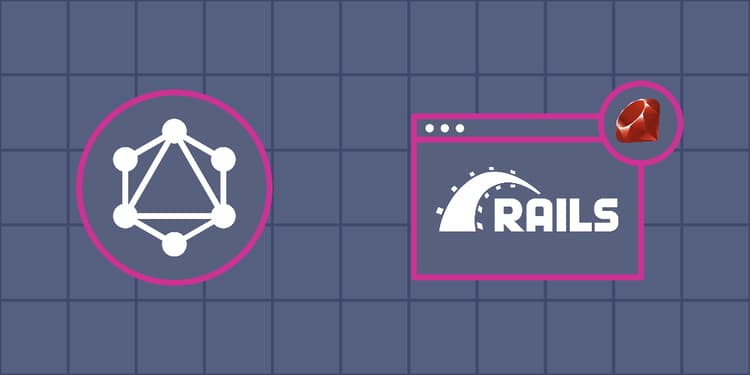This device is not compatible.
PROJECT
Integrate GraphQL to the Ruby on Rails Application
Learn to create a bill splitting application using Ruby on Rails and GraphQL. This application will allow users to create groups and add their bills. The application will simplify those bills and record the amount owed to or by each group member.
You will learn to:
Create applications with Ruby on Rails.
Create and use migrations and associations.
Assess the database using GraphQL queries.
Update the database using GraphQL mutations.
Skills
Web Frameworks
Database Design
GraphQL Query Writing
Prerequisites
Good understanding of Ruby
Good understanding of the Rails framework
Good understanding of the GraphQL queries and mutations
Technologies
Ruby
GraphQL
PostgreSQL
Ruby on Rails
Project Description
In this project, we’ll create a simple application that allows users to create groups among themselves. The users will be able to split bills among the members of a group using this application. We’ll use Ruby on Rails along with GraphQL to create this application to split bills among different groups. Ruby on Rails is famous for its fast development and ease of debugging, and GraphQL is widely used for its efficient and precise data fetching with strong-typed schema.
First, we'll test and embed multiple GraphQL queries. Then, we'll execute some simple GraphQL mutations. After that, we'll implement the queries and mutations for the models that are interdependent on each other. In the end, we'll write some complex mutations and queries using connected nodes (a mediator model depending on more than one model) in GraphQL.
This project will help us develop skills to build applications in Ruby on Rails, which is very popular for developing SaaS applications and using GraphQL with it, which can be utilized within that SaaS application to expose its data and functionality through a GraphQL API.
Project Tasks
1
Get Started
Task 0: Initial Setup
2
GraphQL Queries
Task 1: Fetch All Users
Task 2: Fetch and Display All Groups
3
GraphQL Mutations
Task 3: Create Groups
4
GraphQL Relationships
Task 4: Create the Expense Model
Task 5: Add Users to the Groups
Task 6: Display the Users with the Groups
Task 7: Update the Create Group Form
5
Connecting Nodes in GraphQL
Task 8: Create Expense Object
Task 9: Show Group Details
Task 10: Create Equal Split Mutation
Task 11: Create Unequal Split Mutation
Task 12: Create Forms for Splitting Expenses
Task 13: Handle Equal Split Form
Task 14: Handle Unequal Split Form
Congratulations!
Subscribe to project updates
Atabek BEKENOV
Senior Software Engineer
Pradip Pariyar
Senior Software Engineer
Renzo Scriber
Senior Software Engineer
Vasiliki Nikolaidi
Senior Software Engineer
Juan Carlos Valerio Arrieta
Senior Software Engineer
Relevant Courses
Use the following content to review prerequisites or explore specific concepts in detail.
